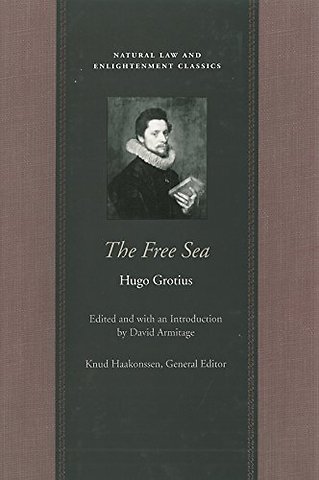The Free Sea; With William Welwod's Critique and Grotius's Reply
Samenvatting
The freedom of the seas - meaning both the oceans of the world and coastal waters - has been among the most contentious issues in international law for the past four hundred years. The most influential argument in favor of freedom of navigation, trade, and fishing was that put forth by the Dutch theorist Hugo Grotius in his 1609 Mare Liberum (The Free Sea). The Free Sea was originally published in order to buttress Dutch claims of acces to the lucrative markets of the East Indies. It had been composed as the twelfth chapter of a larger work, De jure Praedae (On the Law of the Prize and Booty), which Grotius had written to defend the Dutch East India Company's capture in 1603 of a rich Portugese merchant ship in the Straits of Singapore. The wider applicability of Grotius's arguments regarding individual and collective rights to appropriate natural resources and to trade freely would ensure that this work transcended its immediate legal and diplomatic contexts.






